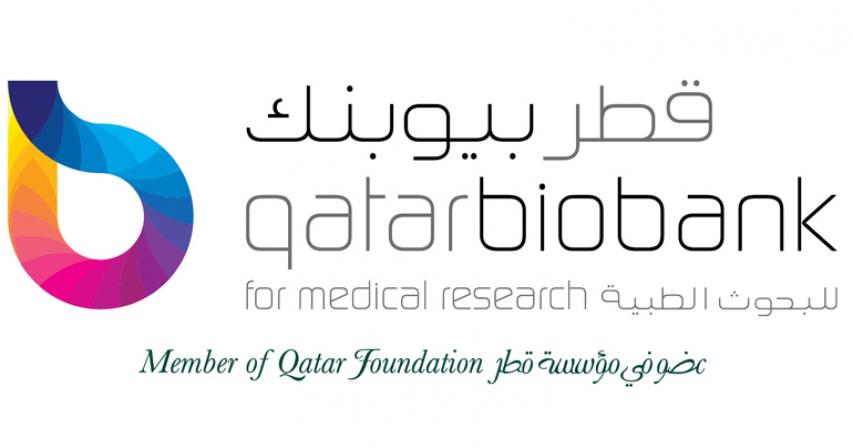Qatar Biobank protecting all genomics data against any breach of security
- 4 years ago

All genomics data collected by the centre is kept within the borders of Qatar in a secure environment preventing exposure to the Internet and from becoming vulnerable to hackers.
Qatar Biobank, a center within Qatar Foundation is a world-wide unique resource that is aimed at raising Qatar’s profile in biomedical research both regionally and globally.
It was created in collaboration with Hamad Medical Corporation and the Ministry of Public Health to enable local scientists conduct medical research on prevalent health issues in Qatar. Through its collection of samples and information on health and lifestyle from large numbers of members of the population of Qatar, the centre makes vital health research possible for researchers in the country, the region and the world.
The human genome is perhaps the single most vital and powerful piece of information about a human being as it reveals sensitive information about their past, present, and future which serve as important clues to various diseases.
Qatar Biobank functioning as a large-scale medical research initiative collects data and biological samples from the local population and works to develop customized medical solutions to various diseases and health issues prevalent in the country.
And through such efforts, Qatar Biobank makes it possible for scientists to conduct research in addressing some of the greatest health challenges facing Qatar and the region, including cardiovascular disease, obesity, diabetes and cancer.
Local media has reported that Qatar Biobank which collected 363,076 samples from 25,934 participants so far, has ensured that the genomics data acquired by the institute is stored and protected against any security breach.
The report further adds that according to Dr Nahla Afifi, Director of Qatar Biobank, “Genomics data is kept within the borders of Qatar in a secure environment so that it does not become exposed to the Internet and become vulnerable to hackers.”
“As long as it is anonymized data, we can share it. But it is very important, especially in Qatar, that individual data is not shared. Qatar is a small country, and if you find a variant or a genetic disease and you identify the individual, you will be able to identify the family of this person directly. I find this as a challenge here, and so we have to be careful in how we share our data,” Dr Afifi explained.
“There are different examples of data collection and governance of data. If you look at the Scandinavian model, they have a very well-established database that includes information from the time a person is born until their death. It's a slightly open access model without many constraints,” the doctor added.
Apart from just protecting the privacy which is often the top priority for such data, what is equally important is the ownership of this data - also a critical aspect of genomic research. However, withholding this vital data could mean that scientists will be unable to tackle chronic diseases, especially those that are prevalent in the region.
According to Ameena al-Emadi, IT manager at Qatar Biobank, “The data can be used to identify the vulnerabilities of a nation, for example and viruses can be produced to attack that country.
We consider genomics data as highly sensitive and is stored in a sealed environment and no external or unauthorized users can get access to it, not even for research, unless it comes through a proper request channel.”
“All our systems are built in-house, and all our data is stored in locally hosted systems. Genomic sequencing for our samples is done at Sidra Medicine, where the DNA samples are also stored. This is a huge infrastructure which Qatar Foundation invested to build,” explained al-Emadi.
The Qatar Biobank website states - “The team is fully dedicated to fight coronaviros (COVID-19) and therefore we have put our usual operations on hold until further notice. Thank you for helping us keep our community safe.”
For more information please call (+974) 4454 1177 or email takrpart@qatarbiobank.org.qa
Source: Qatar Biobank
Comments